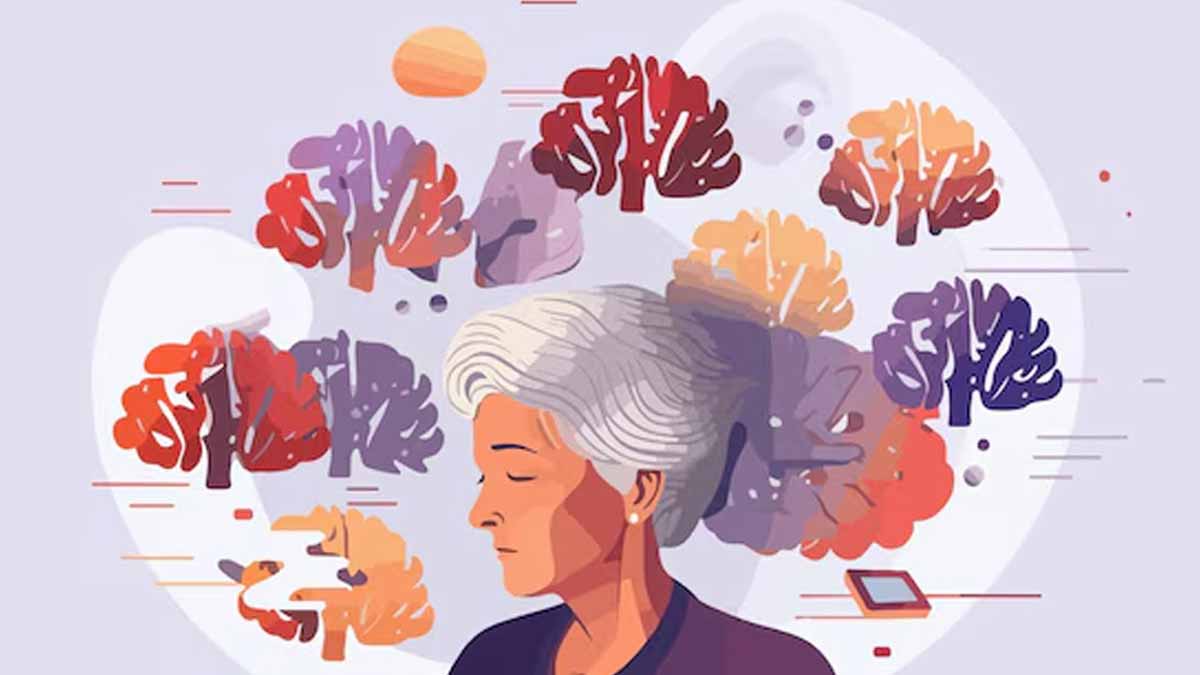A surprising new study reveals that those with a higher genetic risk for Alzheimer’s may actually seek deeper social and family connections.
A curious twist in longevity research suggests your Alzheimer’s risk might nudge you toward dinner parties, not isolation.
Goodbye Pepsi: Costco makes a major decision that completely changes its strategy with sugary drinks
How detonating a nuclear bomb could protect planet Earth
Social lives and Alzheimer’s risk
Imagine half a million Britons, average age 56, filling out surveys about weekend plans and family dinners. Scientists pored over genetic data from UK Biobank, searching for early whispers of cognitive decline. What they found felt counterintuitive—people carrying higher genetic markers for Alzheimer’s reported lower isolation scores and richer social calendars. No one’s doctor called to check on loneliness. Instead, friends noticed them turning up more often for Sunday roasts or neighborhood book clubs.
Distant neighbors became dinner companions. That rising tide of invitations hints at subtle compensations—early-stage changes prompting loved ones to lean in. These aren’t staged meetups. They’re real connections woven from genuine concern and spontaneous laughter. You won’t find this in dry textbooks. It unfolds at kitchen tables, in living rooms bright with chatter, the unnoticed flipside of Alzheimer’s risk.
Unexpected patterns in early symptoms
Researchers split volunteers into four groups based on their genetic load. Each answered questions on isolation, loneliness, and time spent with kin. Scores rose for family satisfaction and variety of social activities among higher-risk participants. Loneliness? Steady as a metronome. Emotional support? No change. People simply mingled more when their genes suggested future decline. Lead author Dr. Kotwal mused on air, “Are they craving connection, or is their circle stepping up first?”
Perhaps subtle memory lapses or slight conversational hiccups trigger extra attention—a built-in safety net woven by friends who pick up the phone a bit more. Picture someone forgetting a detail, and at once, a friend checks in. An absent-minded pause earns an empathetic ear. That interplay produces heartwarming scenes: gentle reminders, shared jokes, and a warm cup of tea handed over without a second thought. These quiet rituals lift spirits and spark curiosity about how Alzheimer’s risk reshapes social habits in surprising ways.
Reinforcing the brain through bonds
Social connectedness isn’t just feel-good fluff. It builds cognitive reserve, the brain’s hidden armor against decline. Every laugh, every shared memory, stitches fresh pathways in our neural map. Think of it as mental cross-training. Cardio for neurons. Researchers estimate up to thirty percent of Alzheimer’s cases tie back to modifiable lifestyle factors—physical inactivity, poor sleep, unmanaged diabetes or hypertension, chronic stress. Toss in social isolation, and the risks climb higher. But a bustling social network may delay onset or soften early symptoms. Meals cooked together. Workshops on mindfulness.
Buys a coal mine for $2 million and discovers metals worth up to $36 billion
If you remember these 10 moments from decades ago, your memory is sharper than most in their 70s
Walking groups exploring local parks. They all anchor you to community, sharpen your mind, and lighten emotional burdens. In living rooms and local cafes, people with higher genetic risk discover unexpected allies. They find renewed purpose as family historians, storytellers, and hosts of weekly game nights. Each gathering becomes a memory bank, tempering genetic odds with human warmth. While labs chase drug breakthroughs, these everyday interactions offer a powerful, joyful complement. A simple dinner invitation might do more good than the latest trial. When you pause on your porch to chat with a neighbor, that small moment breathes resilience into your mind. It’s proof that, even in the shadow of Alzheimer’s risk, we can lean on each other to keep our minds vibrant and our hearts full.
